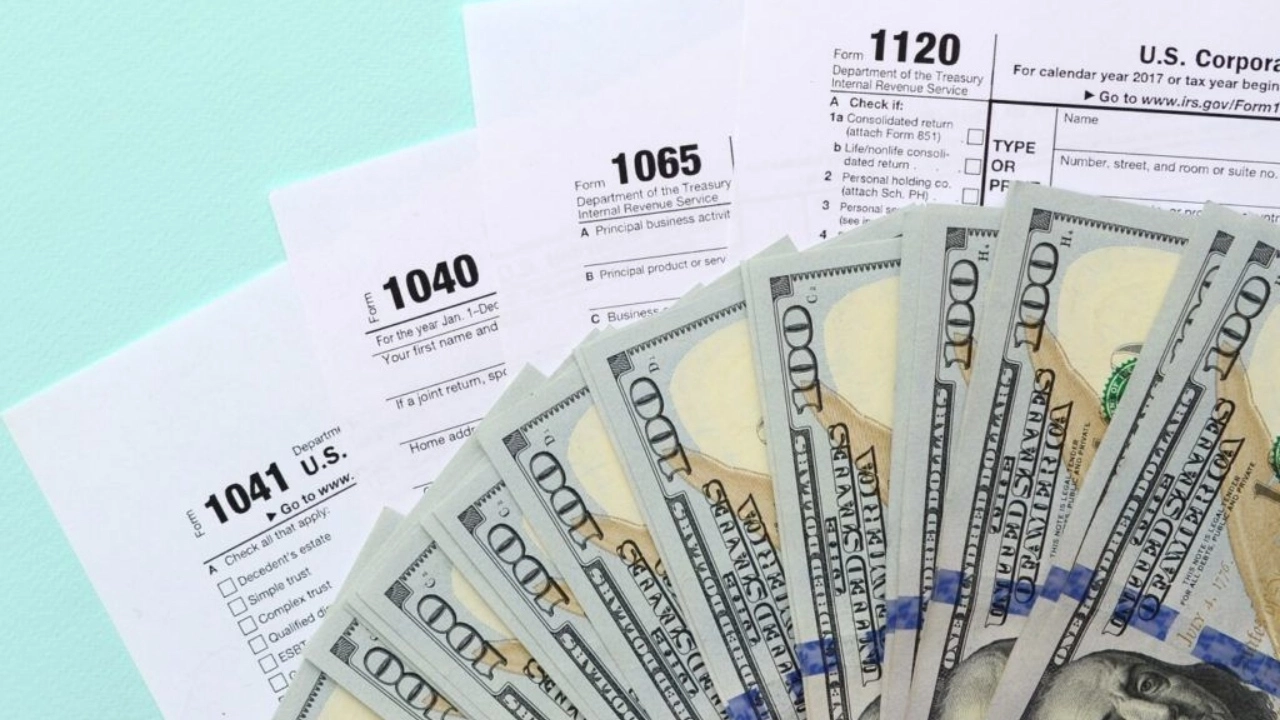Outstanding regulatory fees owed by federally regulated Canadian marijuana companies jumped more than tenfold in recent years, according to figures shared with MJBizDaily by Health Canada.
Industry officials suggest the amount of unpaid fees could be a symptom of squeezed producers being weighed down in an ultracompetitive market and having to choose which bills to pay on time.
Health Canada collects the fees to help defray the cost of regulatory-related services.
The agency’s data showed overdue fees as of Dec. 31 totaled 914,000 Canadian dollars ($726,000) for the 2020-21 fiscal year.
That’s more than 10 times the previous year’s $72,000 in unpaid fees for fiscal year 2019-20.
The CA$914,000 includes CA$723,000 in annual regulatory fees that were deferred until March 31, 2021, meaning those fees were nine months late as of Dec. 31, 2021.
To help federally regulated cannabis companies cope with the COVID-19 pandemic, Health Canada deferred annual regulatory fee payments to March 2021.
Those fees originally were due in September 2020.
There were no outstanding fees in the previous years, Health Canada said.
Although the amount of outstanding regulatory fees has risen dramatically, they represent a small percentage of the revenue the government collects from cannabis producers.
For fiscal 2020-21, the federal government’s revenue from cannabis fees was CA$29.9 million – considerably lower than expected because of the deferred annual fees. That means 3.2% of fees were outstanding for that year.
In the previous year, only CA$72,000 was outstanding versus CA$50.5 million in fees paid.
The data does not disclose which companies had outstanding fees.
Squeeze is on
Industry officials suggest the volume of outstanding fees could be a symptom of financially squeezed cannabis producers.
“I wish I could tell you that it was the beginning of an industry withholding of the fees pending improvement to the processing times and service standards at Health Canada,” said George Smitherman, president and CEO of the Ontario-based Cannabis Council of Canada industry group.
“I could only muster that it is a reflection on the very challenging times that producers are facing and may reflect a prioritization of paying (Canada Revenue Agency) excise fees.”
Smitherman said some cannabis companies have experienced a “mad scramble” to pay excise tax bills.
Deepak Anand, founder of London-based cannabis company Materia Ventures, said managing cash flow is proving particularly challenging for some Canadian producers in the current environment.
“As a result, it is becoming fairly common practice for several standard as well as micro cultivators/processors having to resort to factoring of receivables against invoices from provincial boards to help fund their (operating expenses),” he said.
The learning curve for entering the cannabis industry is steep. Start with the fundamentals.
MJBiz Cannabis 101 Email Course
A 10-part email course designed to educate new hires and aspiring professionals on the key fundamental areas of the legal cannabis industry, including:
- History of legal cannabis in America
- Overview of plant-touching + ancillary business sectors
- Cannabis finance and investing
- Cannabis marketing and brand building
- Employment + hiring opportunities
- And much more!
Gain a comprehensive understanding of this complex industry with this free resource.
Anand said the suite of fees and excise taxes cannabis companies must pay “become quite excessive and burdensome for several license holders to burden.”
Canada’s excise duty on dried cannabis flower is either CA$1 per gram or 10% of the value of the gram, whichever is greater.
Different excise duty rules apply to cannabis oil and other derivative products such as edibles, extracts and topicals, based on THC content.
A group of small- and medium-sized Canadian marijuana cultivators is calling on the federal government to reform its cannabis excise tax regime, seeking an end to a flat minimum per-gram tax and other tax adjustments based on a producer’s size.
What’s collected?
Health Canada is responsible for administering the fees that are set out under the Cannabis Fees Order.
Some cannabis business fees are under the authority of Health Canada include:
- An application screening fee.
- A security screening fee.
- Import/export permit fees.
- Annual regulatory fees.
That order authorizes Health Canada to charge fees to recover the federal government’s costs for cannabis regulation.
According to Health Canada’s figures, the fees do not offset the cost of regulation.
In fiscal 2019-20, Health Canada said its regulatory costs were CA$110.2 million, but it collected only CA$50.5 million in revenue from fees.
In 2018-19, the government’s costs were CA$92.4 million and its revenue only CA$4.2 million.
In contrast, Health Canada notes that the Canada Revenue Agency collects excise duties on cannabis products under the provisions of the Excise Act.
Overdue fees
Most invoices become overdue at 30 days past the payment due date, Health Canada said.
Notification letters are sent at 30 and 60 days past due.
The regulator said collection activities include contacting customers by email or phone, plus sending a monthly statement on their account.
“If a payment is not received after 90 days, advance collection actions include sending a final reminder warning that if no payment is received, that the account will be sent to collections,” Health Canada noted.
The agency contracts an external collection agency to help with collection activities, and legal actions could be considered on a case-by-case basis.
On a case-by-case basis, Health Canada said it is willing to negotiate and enter into repayment agreements with customers.
Such agreements are generally entered into for a period of less than one year.
Licensees were given an extension for the annual fee payment due Sept. 30, 2020, to March 31, 2021.
Matt Lamers can be reached at mattl@mjbizdaily.com.





